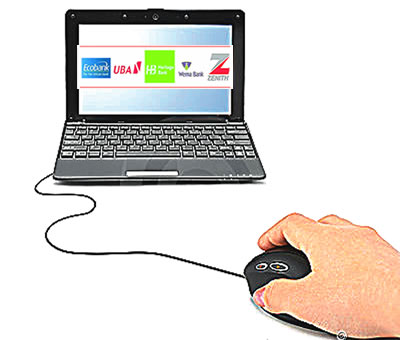The Nigerian electronic payments industry has been evolving in line with the evolution in global payments in both wholesale and retail systems. Banks, payment service providers (PSPs), and the CBN have played various roles in developing the payments system and creating products and channels for electronic payments.
In a bulletin from its Lagos Business School (L B S) e x e c u t i v e b r e a k f a s t s e s si o n, the FDC gave the breakdown of the volume of transactions in July 2017 relative to June 2017 in all categories: Point of Sale (POS) 13.52 per cent to 12.7 million; cheques 5.18 per cent to 955,076; NEFT 20.17 per cent to 1.68million; instant transfers 13 per cent to N32.25 million.
However, stakeholders in the electronic payment ecosystem have identified delay in settlements by some banks as well as issuers not being operative among factors militating against increase in Point of Sale terminals (PoS) penetration in the country.
They also frown at Central Bank of Nigeria (CBN) model of deployment of the terminal where only banks are allowed to deploy PoS around the country, arguing that such model is counter- productive to the quest by CBN to achieve PoS deployment rate of 2,247 per 100,000 people by 2020.
EEDC installs security features in new electricity bills to curb fraud






